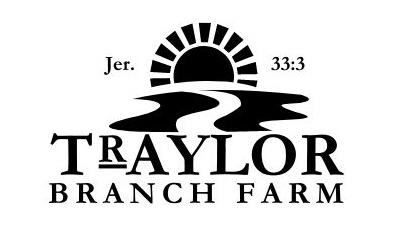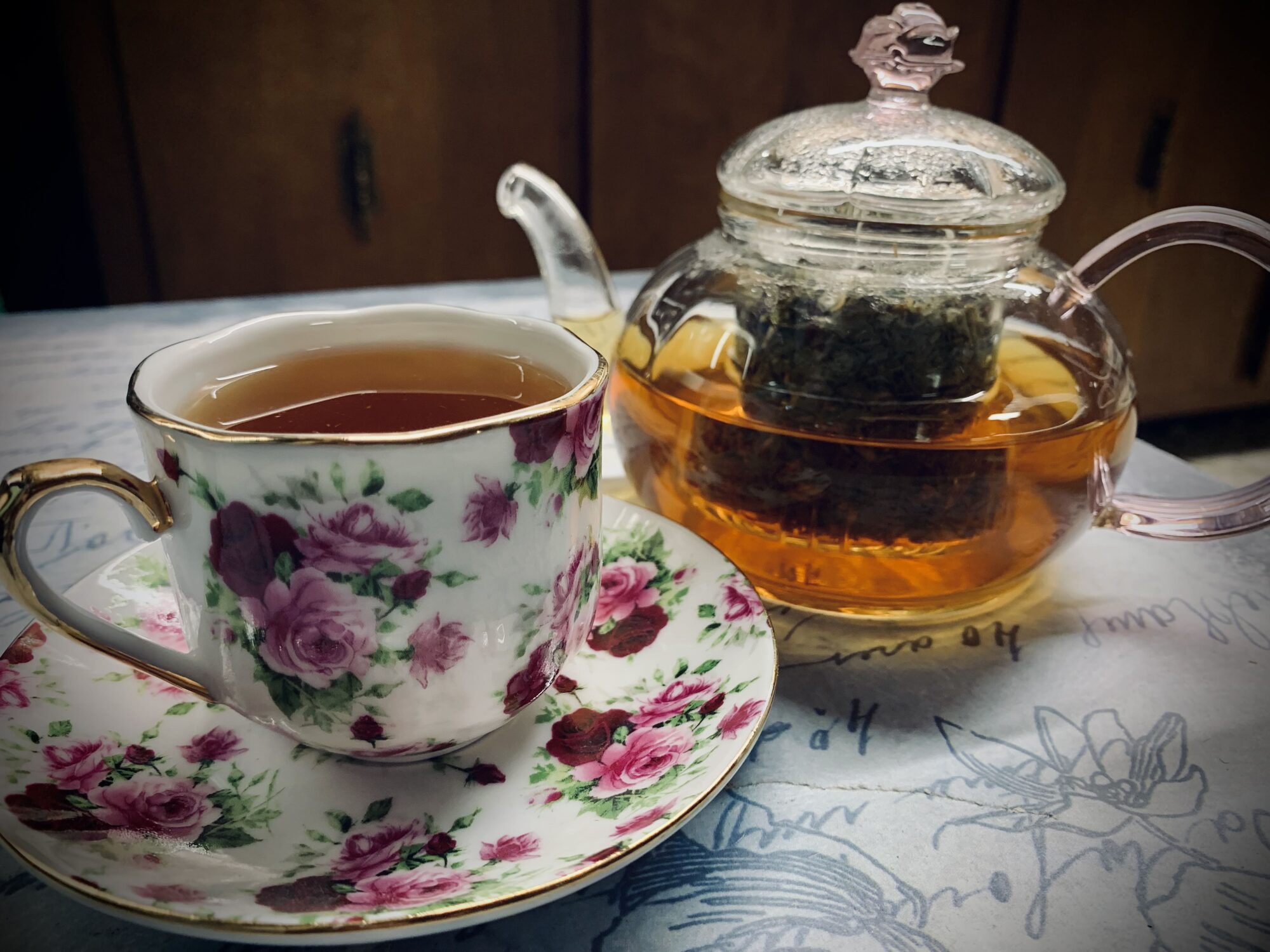And God said, Behold, I have given you every herb bearing seed, which is upon the face of all the earth, and every tree, in the which is the fruit of a tree yielding seed; to you it shall be for meat. – Genesis 1:29
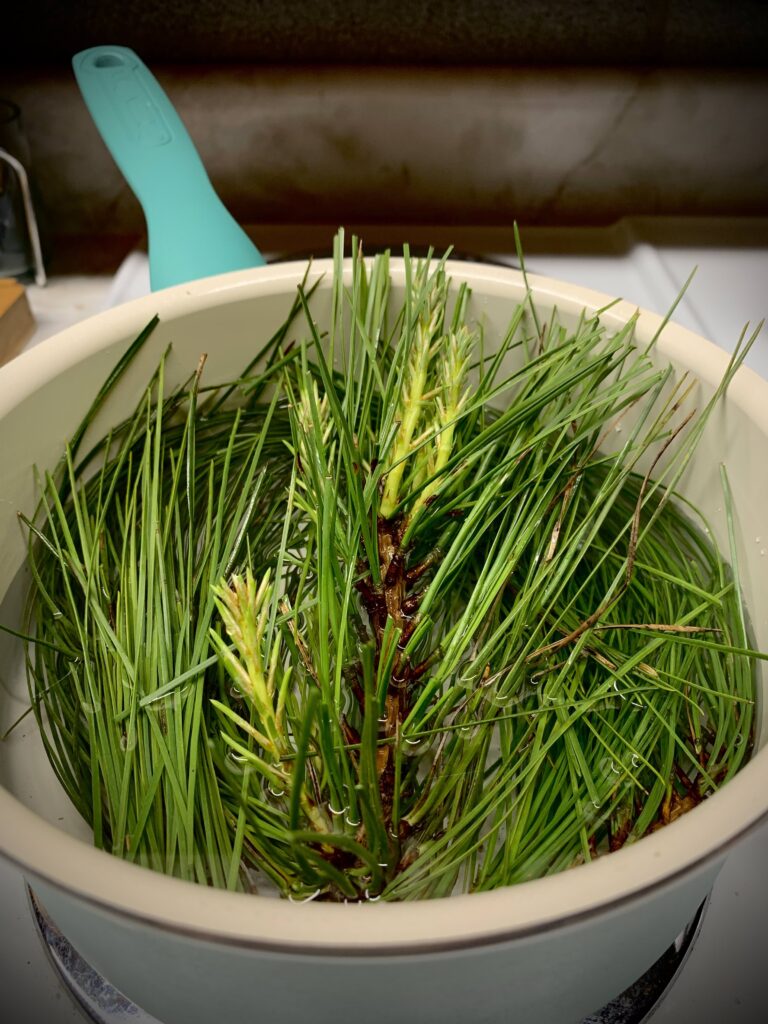
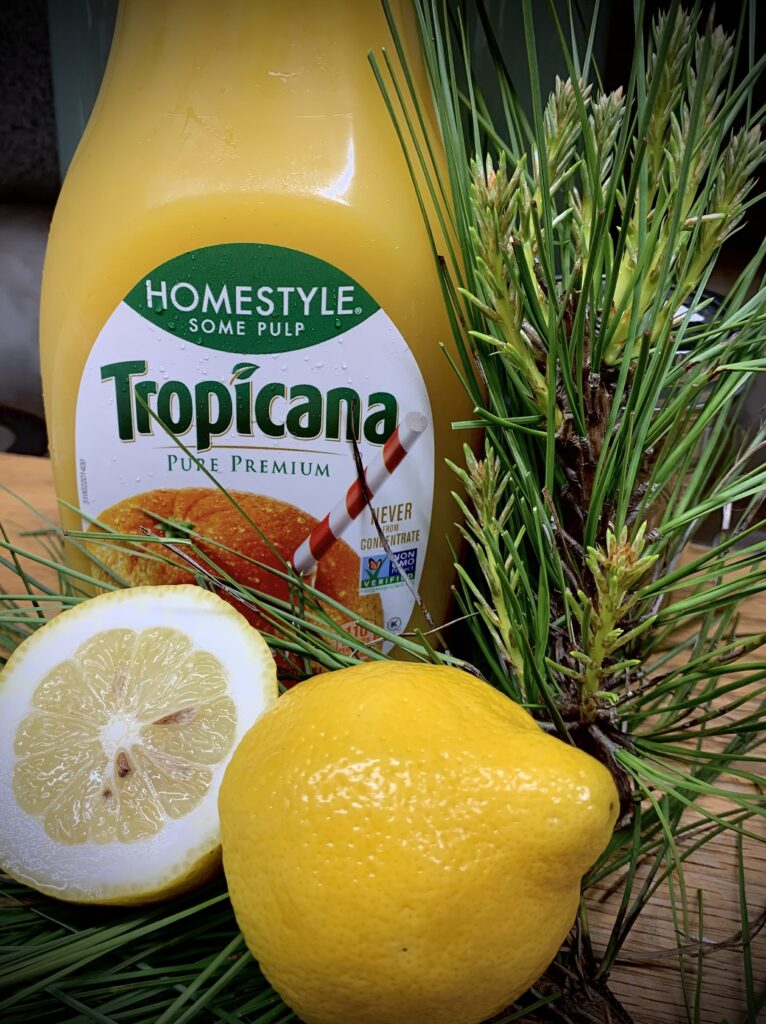
“And every tree” – pines, for one. Probably not what you were expecting. Pine needles have shikimic acid which “promotes cell renewal and exhibits antioxidant and antimicrobial activities.” Where some herbs, or in this case trees, may act as an immune booster, like elderberry syrup, the shikimic acid found in the pine needle keeps your yuck from replicating, which means you won’t be out of commission as long. And as an interesting side note, it’s one of the ingredients in Tamiflu. Pine needles are generally super easy to get, and the tea is just as easy to make, so it’s simple to add to your homeopathic arsenal.
One of the things I love about tea is how versatile it is. You can literally put anything in it. For pine needle tea, go straight to your yard and cut a handful of young needles from the ends of one of your trees – if you live in the South, they shouldn’t be difficult to find! The white pine (pinus strobus) is said to be the best. (Not every pine is good for consumption. Those of the pinus genus are good for tea. Make sure you know your trees!) Put your needles in about a gallon of water and simmer 10-15 minutes. This isn’t rocket science. Just make tea!
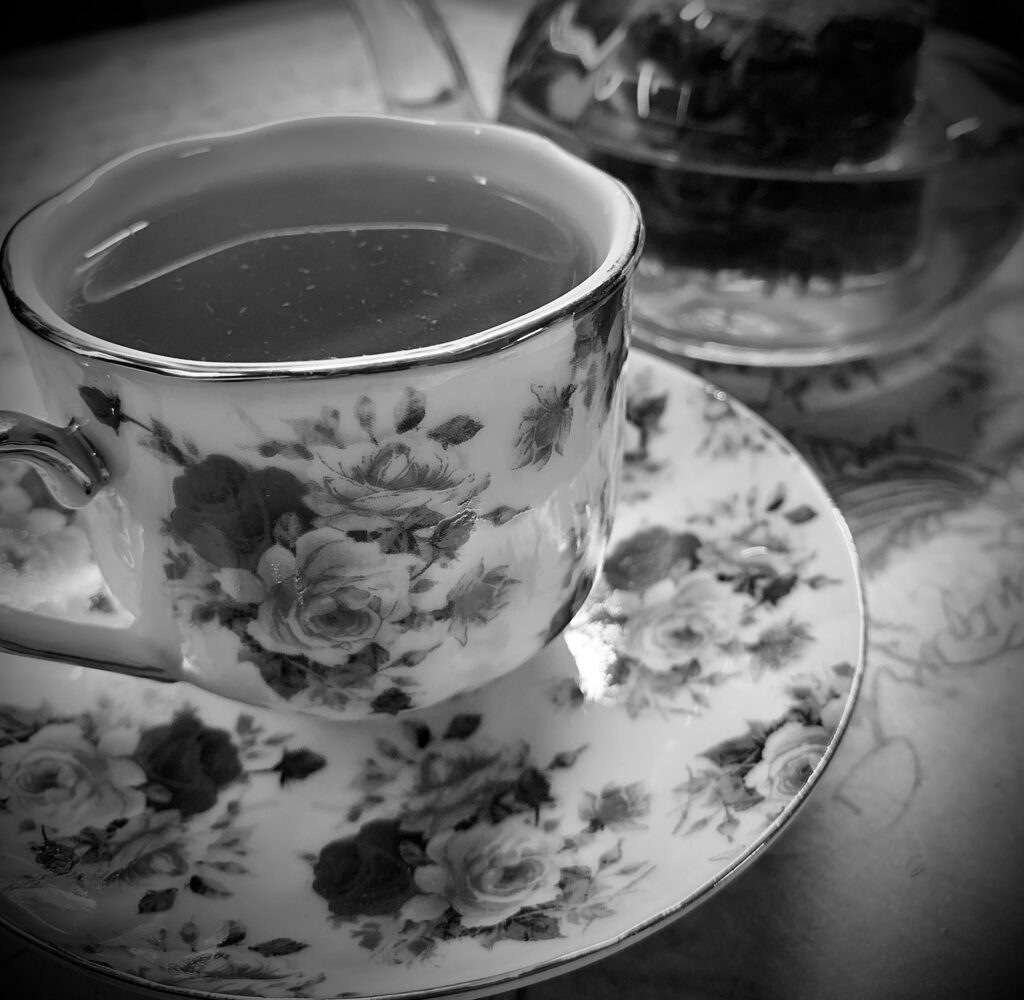
If you like your tea a little sweet, just add honey. I like a little orange juice for an extra vit C boost, and a little lemon. Drink it cold or drink it hot. If you have extra, put it in ice cube trays and save it for later. It’s not like you’re not going to need it!
Should you be interested in a deep-dive into the wonders of pine needles and their amazing benefits for the body (think C-0-v!d), this is an interesting website.
Thanks for reading
The information on this website has not been evaluated by the FDA and is not intended to diagnose, treat, prevent, or cure any disease.
